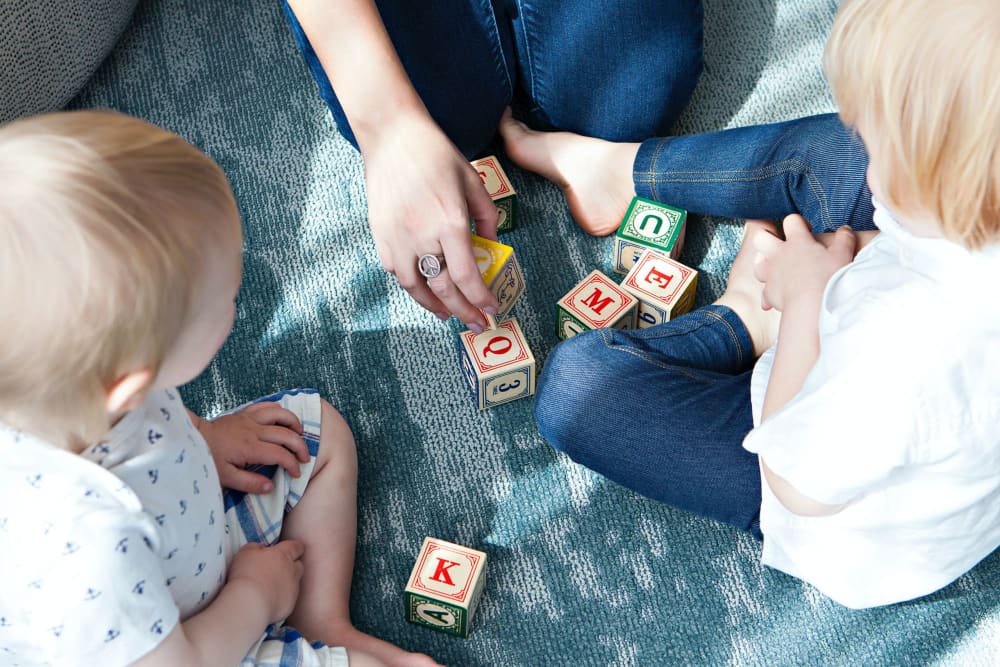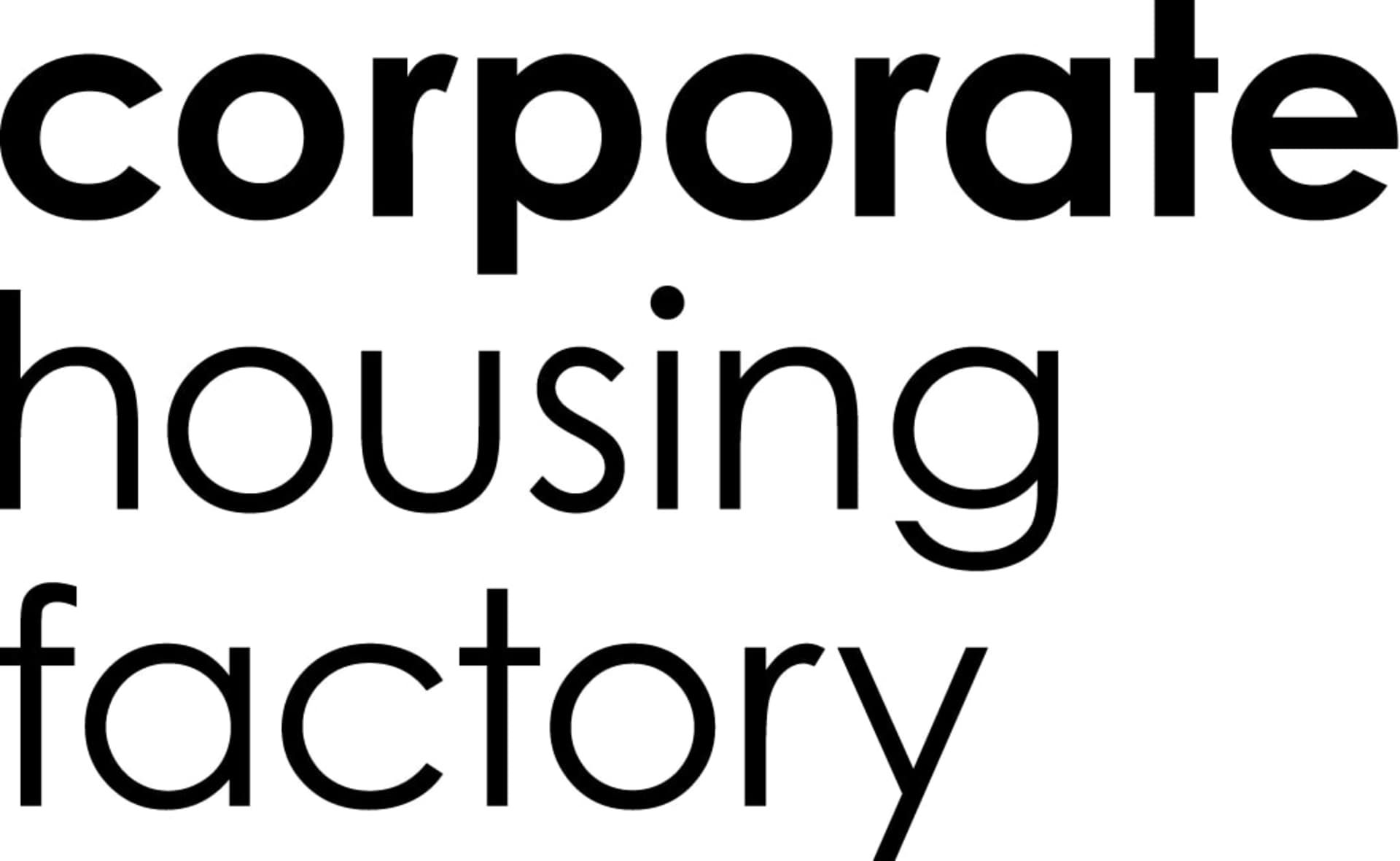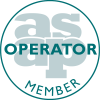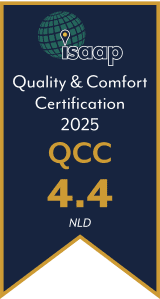
Relocating with Children Made Easy
You finally landed that dream job in the Netherlands – the country of beautiful canals, flat organizational structures and big opportunities. Arranging your short stay accommodation and governmental formalities, such as registering (on your CHF address in Amsterdam, Rotterdam, The Hague or Eindhoven), and finding a health care provider is one thing. Another is to find the right school or day care for your children and make it easy for them to adapt to the new country. What options do expats with children have? Keep reading below to find out.
The Netherlands is one of the top countries to raise kids.
According to report made by UNICEF children enjoy the highest quality of life here, that could be thanks to the great education system, flexible working conditions of their parents and many extracurricular activities available for kids.
Preschool and Primary Education
Toddlers are allowed to attend day care (kinderopvang) from the ages 0 to 4 years old, or optionally start preschool from ages 2 to 4. Preschools are often part of a primary school, as they help prepare youth for the particular material taught in that institution. In the Netherlands it’s normal for children to join group classes with other toddlers twice or three times a week. Don’t forget to register your child at the Landelijk Register Opvang (National Childcare Register)!
Should I send my child to an International school?
This is a typical dilemma parents face when relocating. In the short-term, your children will have an easier time joining the International school, where classes are led in English. There are many of these educational institutions spread all over the Netherlands, with levels ranging from primary school to high school. These school also include Dutch classes to help integrate youth in the new culture. Language is especially important in cities outside of Amsterdam, where locals prefer speaking their native tongue over English.
Is Dutch School appropriate for newcomers?
The good news is that there is an increasing number of Dutch schools offering newcomers’ classes for expat’s children and “bridge classes” (or international classes). The first type is a one-year class with extra emphasis on learning the Dutch language for children aged from 6-12, and the second type is a so-called bridge class designed for youth older than 12. As challenging as this option may appear, if you plan to live in the Netherlands long-term, it’s beneficial for your child to learn Dutch. The sooner they get it out of the way, the better. We know that expat kids absorb new languages like sponges!
What if I need extra care for my child after school?
There are two possibilities for busy parents: either arranging after school care or a babysitter/nanny. After school care offers fun activities for children under supervision, such as games, arts and crafts, and even help with their homework. They usually collaborate with one or more schools from the local area, and even include dropping off or picking up children from school. The opening times range from 7:30am to 6:30pm. You should consult your child’s school for more information.
What are the benefits of hiring a babysitter?
When it comes to babysitters, you can find anyone in this role from teenagers to qualified personnel. This is optimal when you need someone to look over your kids only at specific times, or occasionally. You can choose to hire a babysitter either directly (this can be best done by recommendation of a friend or colleague) or via a babysitting service. The latter is handy because it includes verified reviews from former clients.
What’s the deal with nannies/Au pairs?
Nannies have lots of experience and usually certifications. They are child caretakers who live in your house and receive a regular monthly salary. You can contact them via nanny portals. The plus of this option is that your children can build a bond with their caretaker, and you can expect expertise. These are usually quite expensive.
Au Pairs are young adults, who have been hired through an Au Pair agency and live in your house. They tend to your kids, often perform light housework and build a bond with your family. You can choose which Au Pair you work by interviewing them through Skype, for example.
Extracurricular Activities
The Dutch put a lot of importance in taking their children to extra classes. Sports is a big thing here, especially hockey, football, tennis, rowing and swimming. These are frequently arranged by the school, but there is also a wide array of sports centres scattered over the country.
In Amsterdam, there is a special group called Project Fearless organizing empowering and fun activities for girls 9-12 or drama classes for children aged from 2-10 years old. You can also sign up your children for music lessons at schools like the Music Academy in The Hague.
Now it’s Time for the Big Move
Now that you have the know-how on relocating your children to the Netherlands, you can breathe easily. Everything is quite organized here and relocating is not as complicated as it first appears. Plus, by booking your short stay at the CHF apartments starting this new chapter will be easier than ever!






